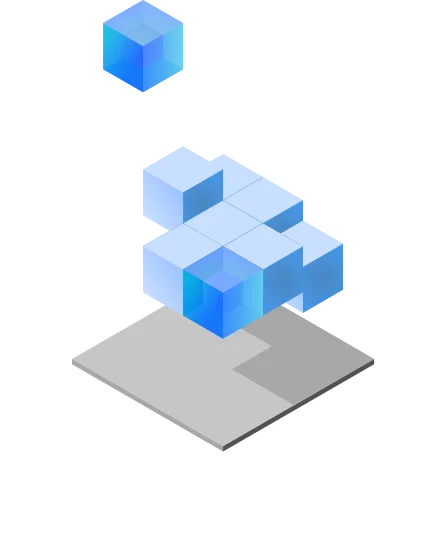
As innovative providers of information technology (IT) solutions and consulting services, we at Uvation are constantly monitoring changes in the IT industry.
Here, you can explore how the IT industry has evolved over the years and how it will change in the future. Our objective is to provide you with access to the latest news and IT thought leadership content, so you can stay informed.
Most of us recognize the term information technology as a reference to a full spectrum of technologies, including networks, computers, hardware, software, and any device that uses or transfers data. But as a department of the enterprise, IT has a history that is longer than many people realize.Here’s how IT has changed its inception and what you can expect the future of IT to look like.

IT has its roots in the communication technologies that most of us take for granted today. But arguably, the dawn of information technology as a discipline began during the first industrial revolution.
The electric telegraph was developed during the 1830s and 1840s by Samual Morse (1791-1872) and other inventors. By the early 1860s, the Western Union Telegraphy Company had laid the first transcontinental telegraph line. This new mode of communication made it possible for people to send messages across vast distances in minutes, whereas before it would have taken weeks or even months.
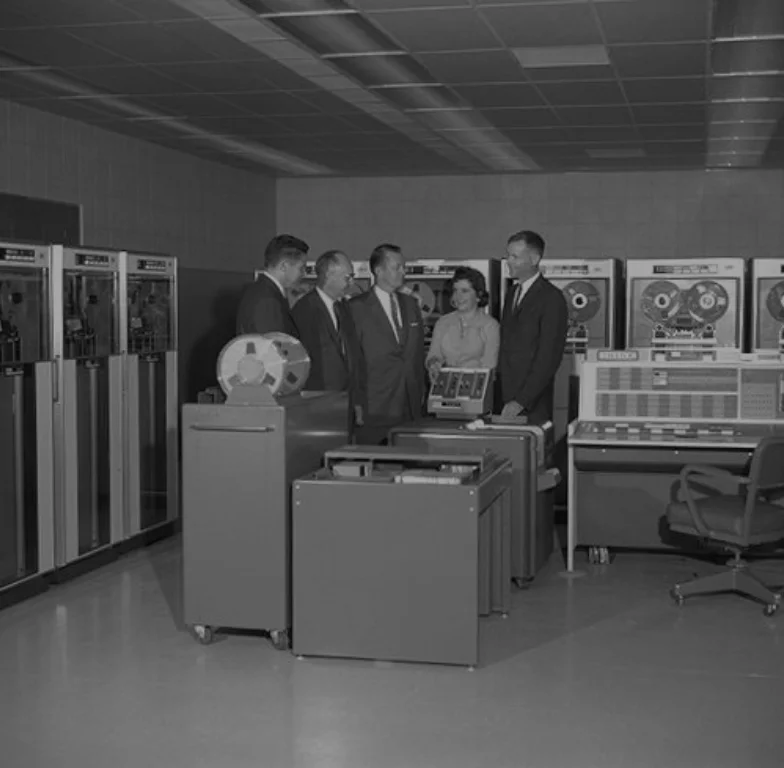
Realizing the value of this capability, businesses jumped on the opportunity and invested significant capital into their communications infrastructures. These investments eventually led to the deployment of business telephone systems, and then the earliest computers.
In 1943, IBM developed the first entirely electronic computing machine. At the time, the computer was big enough to fill an entire room, but it would eventually birth an entire generation of computers. In the 1950s and 1960s, IBM deployed many of the core technologies that make up the world of information technology as we know it today.

Naturally, organizations needed specialists to manage these technologies because most people weren’t familiar with how they worked and how they needed to be maintained. Furthermore, businesses needed guidance from experts, especially those who could provide an objective opinion about how to invest the company’s technology budget and how to leverage machines to generate value.Thus, the IT and IT consulting industries were born.
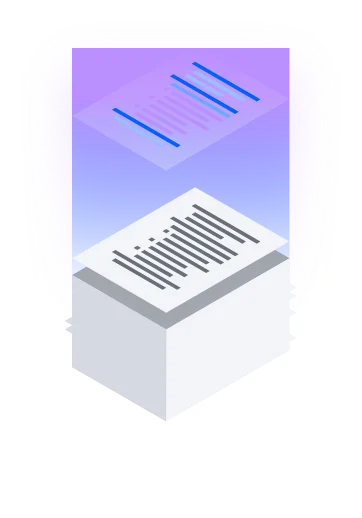
Relatively simple forms of artificial intelligence (AI) are already widespread. Anyone who has spoken with an automated chatbot or asked Apple’s Siri to look up directions to a restaurant has experienced an AI.
Now, evolving generative AI technologies are bringing unprecedented power to virtually anyone, even nontechnical users. Organizations across sectors are
integrating generative AI with familiar technologies, existing workflows, and our everyday lives as well.
AI is already regularly used to analyze vast data sets, so organizations can more efficiently leverage data for insights and other capabilities. AI also has a noticeable presence in almost every industry on the planet, including transportation, manufacturing, healthcare, education, media, and customer service.
Edge computing is an enterprise computing capability in which distributed computing and data storage systems are located closer to data sources to improve response times and save bandwidth. Although this may sound like a throwback to early on-premises enterprise computing systems, edge computing has only become feasible in recent years thanks to the smaller scale and affordability of computing infrastructures.
Rather than relying on a central location to run computations, such as a data center, organizations can use edge computing to analyze data at blinding speeds on location as soon as it originates. It will be an important capability for organizations that need to manage vast quantities of data at the edges of their network, such as manufacturing companies operating autonomous robots in factories.
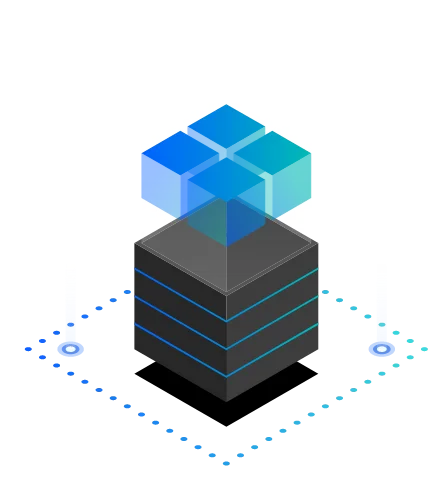
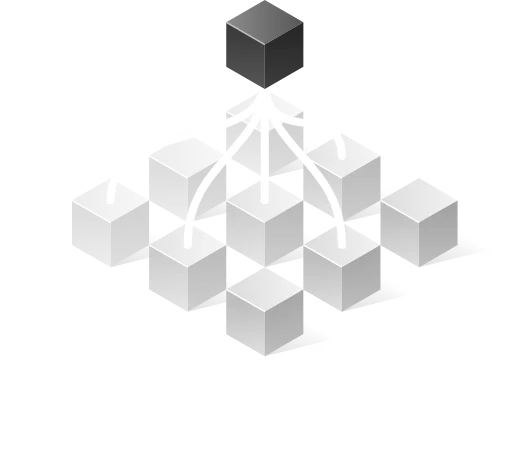
The internet of things describes a network of physical objects—typically, devices—that contain sensors and other technologies to allow them to connect to a broader network IoT technology is a necessary component for autonomous robotics, as it allows robots to communicate with each other so they can navigate physical spaces, receive updates from other machines, and complete tasks.
That said, the potential of IoT is almost limitless. It will be a foundational technology for tomorrow’s smart factories, but it will also enable organizations of all kinds to deploy and automate many of their core functions at scale, almost instantly.The number of connected devices in the world is expected to rise significantly in the next few years, and many of the latest technologies will be IoT technologies by default.
Quantum computing refers to the use of quantum mechanics phenomena to perform computations. A quantum computer can use the quantum superposition of particles—the features of a quantum system whereby particles exist in several separate quantum states at the same time—to perform computations simultaneously instead of chronologically.
It’s too soon to say how quantum computing will change our lives, but there’s little doubt that it could unlock capabilities that even the most innovative IT experts have never dreamt of before. After all, when IBM created its first room-sized computing system, no one predicted that the average consumer would eventually hold an exponentially more powerful computer in the palm of their hand. If the power of quantum computing is unlocked, the possibilities for the IT industry are endless.
